Planning for the future requires a person to consider their possessions, including personal property, finances, and business assets. An individual’s company assets may include a sole proprietorship, membership in an LLC, or shares of stock in a large corporation.
Effective business succession plans can provide security and detailed instructions about allocating property after a person’s death or incapacity. These instructions also outline a retirement plan that allows a business to transition to new management with little disruption.
After a person’s death, business assets will flow through the probate process as part of an estate. A Freehold business succession planning lawyer could help you draft plans to ensure that your possessions are transferred to the appropriate parties. Our knowledgeable estate planning attorneys are ready to help.
The Benefits of Business Succession Planning
A viable business succession proposal provides plans in the event of a catastrophe. For example, if a business owner becomes disabled in a car crash or contracts a fatal disease, a plan will leave successors with instructions on distributing shares of a company and directions for boards of directors. In some cases, a succession plan might trigger the forced sale of a business. Providing instructions can help prevent conflicts among company leaders or surviving family members.
Succession plans can also help people craft a scheduled retirement. Often, a company plan can nominate a specific person to receive an individual’s shares of stock or trigger a retirement clause in a partnership agreement. A skilled attorney in Freehold could draft company succession plans that provide security for a business owner and allow a person to retire while protecting the future of their company.
How Do Business Assets Relate to Estate Planning?
Many people do not realize that their business holdings form a part of an estate. For example, when a person passes away, their assets will move to the heirs named in a will or, if no will exists, pass through the state’s intestacy laws. It is crucial to reference the entirety of a person’s business assets in a will or succession plan to ensure that the property in question moves without issue after one’s death.
Business succession plans aim to avoid a probate court’s application of the intestacy rules, which occurs when a person passes away without a will or when estate planning documents do not mention the entirety of one’s holdings. According to N.J.S.A § 3B:5-2, a court will usually order the distribution of a decedent’s estate to surviving family members.
However, this could result in a forced split of stock, the sale of a company, or interfamily fighting over the control of a business. A seasoned lawyer in Freehold can help an individual draft business continuation documents that increase a company’s chances of a successful future.
Speak with a Freehold Business Succession Planning Attorney Today
Whether you own a few shares of stock in a large corporation, are a partner in a company, or run a business as a sole proprietor, securing your company’s future is a crucial part of estate planning. An airtight business succession plan should include instructions for after a person’s death or in the event of a person’s sudden incapacitation.
A Freehold business succession planning lawyer could help you prepare for your company’s future. A legal team member could explain the state’s intestacy laws and how to avoid their application during probate. They may also draft plans that meet your needs and help retain control over a company’s trajectory. Reach out to learn more about creating your business succession plan.


 (732) 361-2533
(732) 361-2533 



